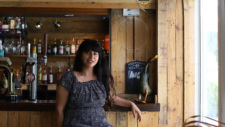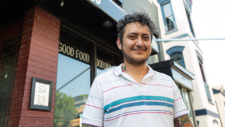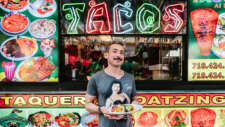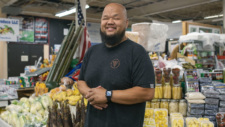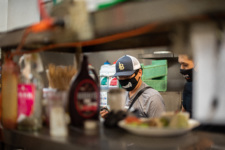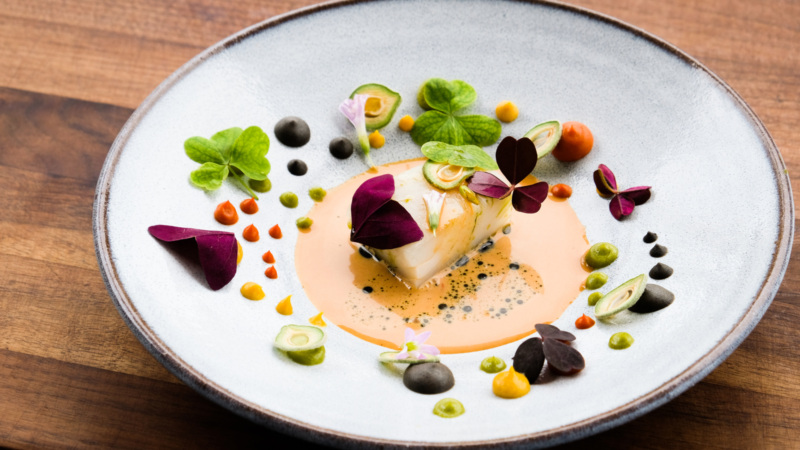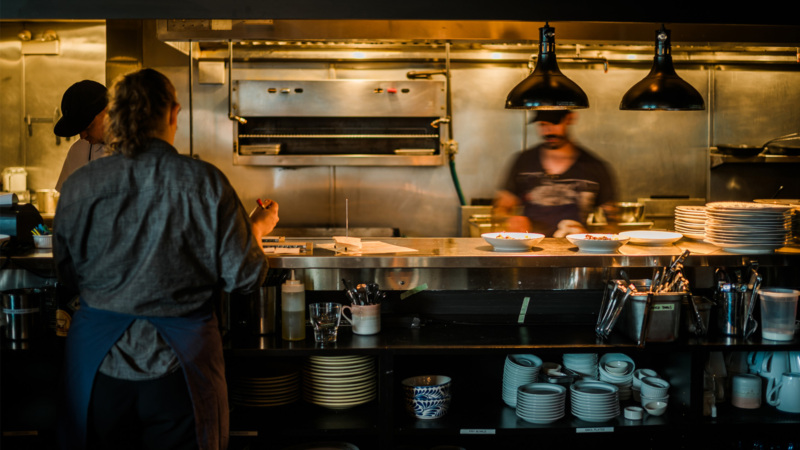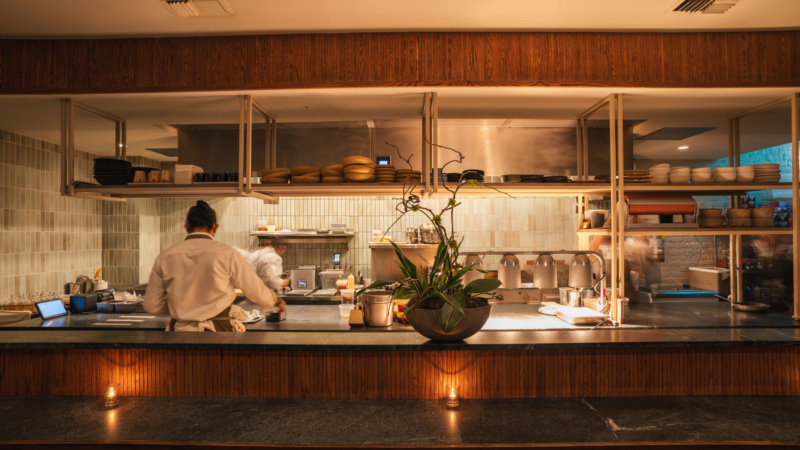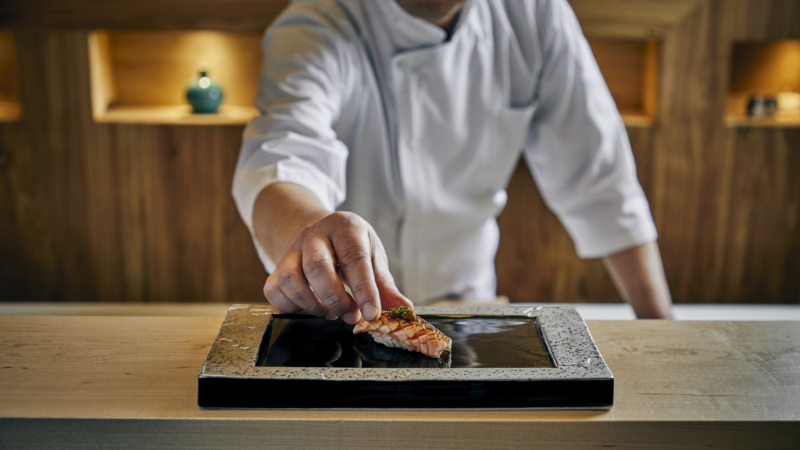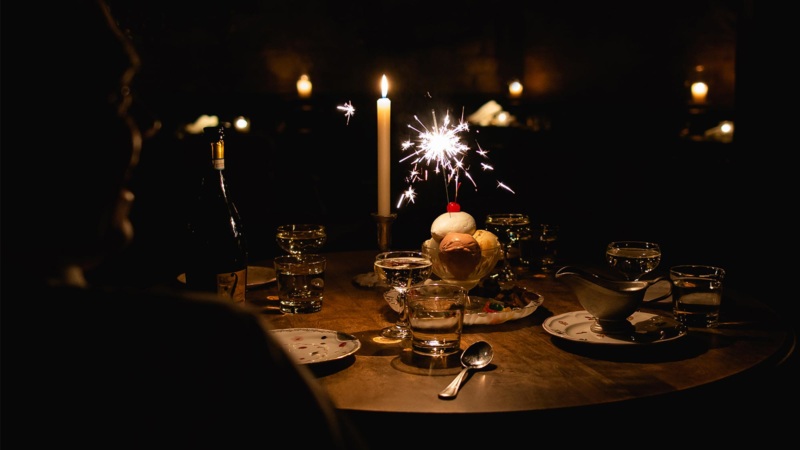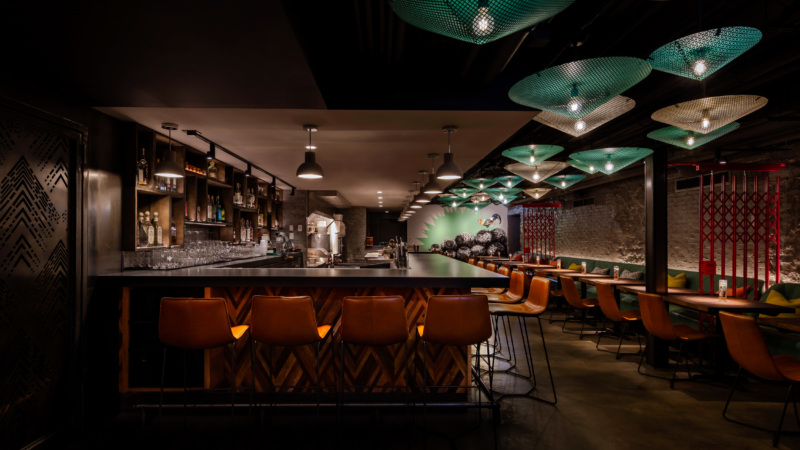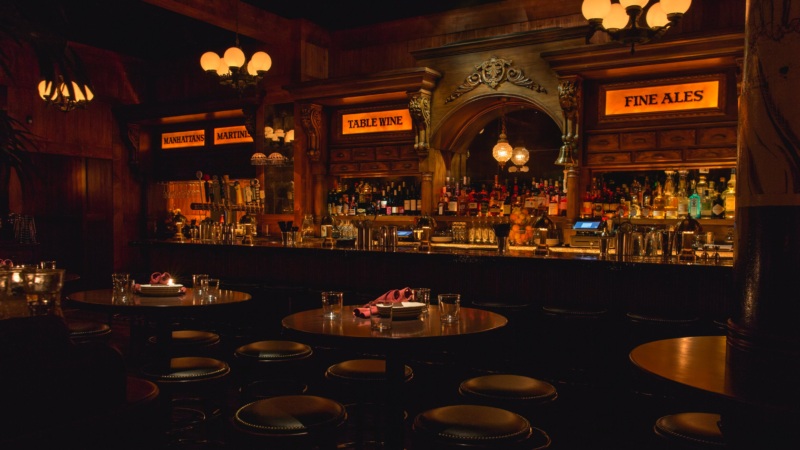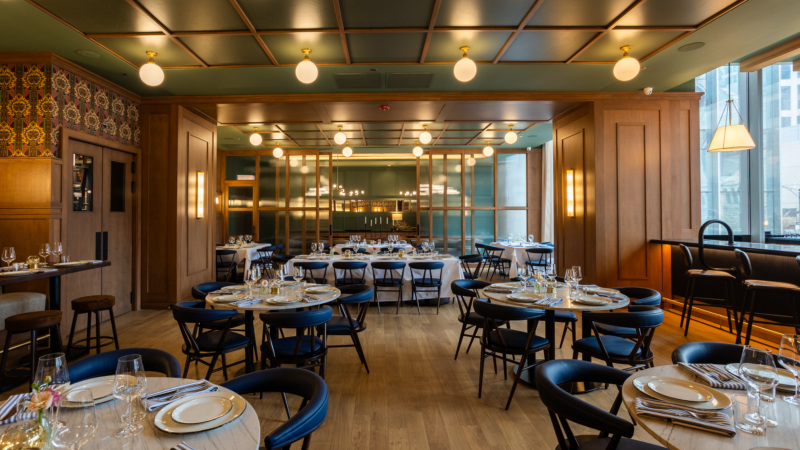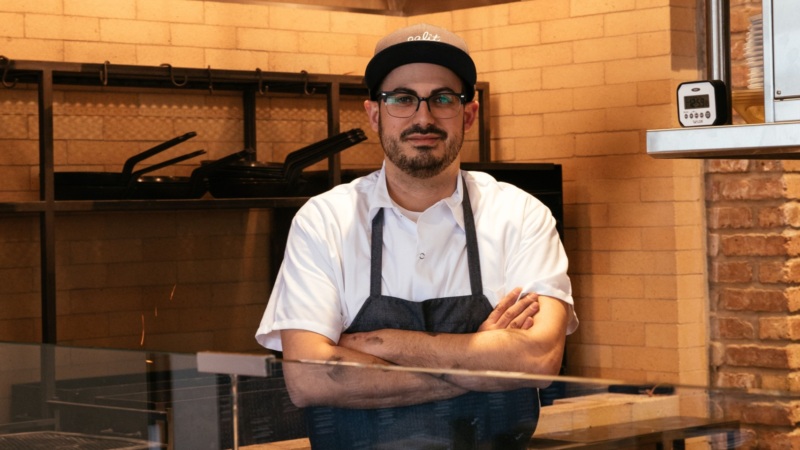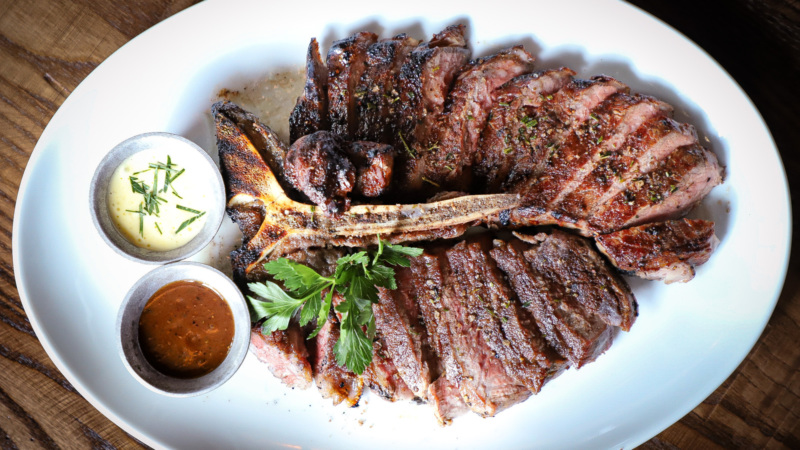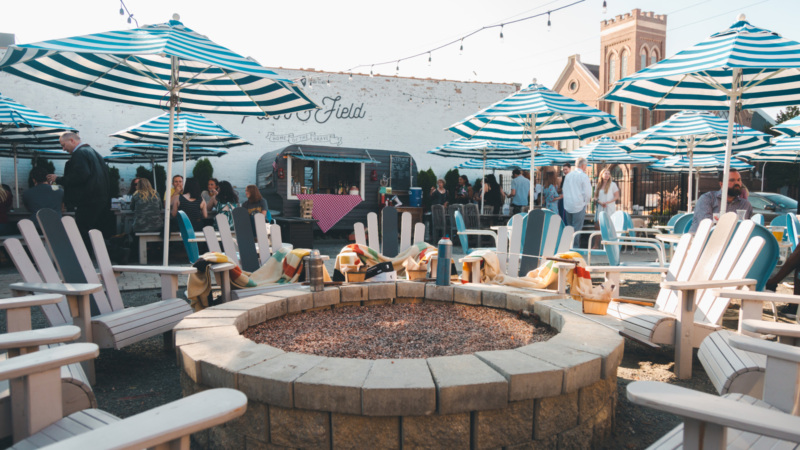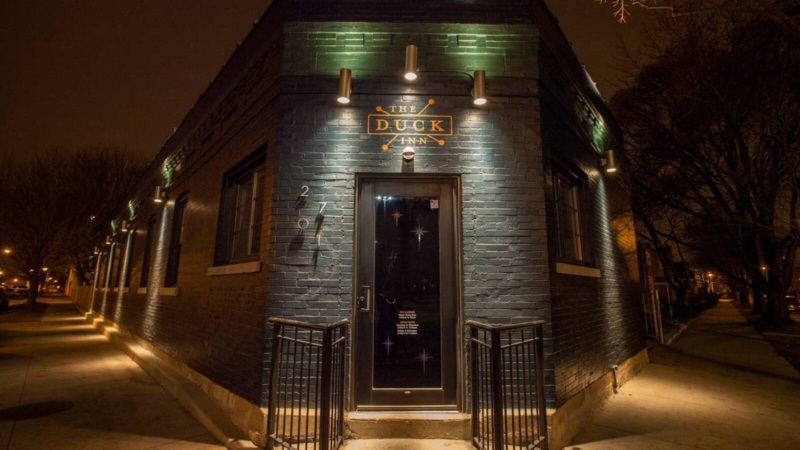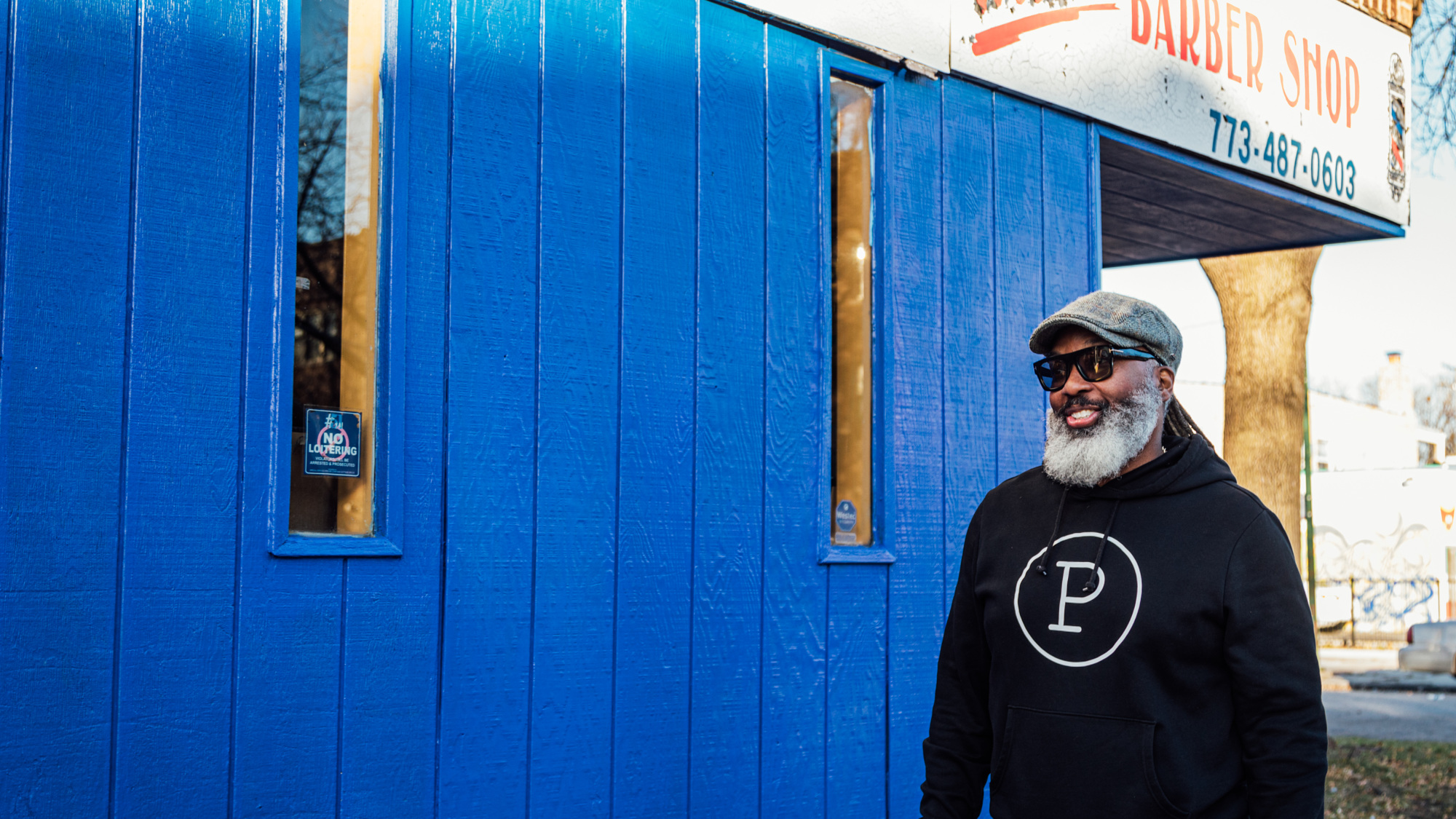
Chicago’s South Side Is the Future, and I Want to Be a Part of It
Chicago native Cliff Rome is the chef and owner of the Rome’s Joy companies. His words follow.
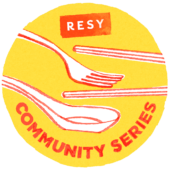 It was right after Labor Day in 2001 that I decided to change how I was living my life. At the time, I had a dream career as a chef. I traveled all over the world, training in Paris and cooking on a yacht sailing through the Caribbean. It was great being able to do those things, but it wasn’t my money. I realized that part of my dream was to be able to afford that life myself — on my own.
It was right after Labor Day in 2001 that I decided to change how I was living my life. At the time, I had a dream career as a chef. I traveled all over the world, training in Paris and cooking on a yacht sailing through the Caribbean. It was great being able to do those things, but it wasn’t my money. I realized that part of my dream was to be able to afford that life myself — on my own.
So, I stopped and asked myself, “What does success look like?” It’s different for each person, but for me, it’s less about dollars and cents, and more about my quality of life. And an important part was how I could share that experience with others, especially those in my own hometown.
I’m a kid from the South Side of Chicago; I’ll always call myself that. The South Side means so much to me; it has so much history and culture. And it was the only part of town where I naturally fit in. This was where Black people could thrive. We were limited in what we could do, but those circumstances forced us to use what we had to create things that mattered and were beautiful. Muhammad Ali lived here. Muddy Waters lived here. Louis Armstrong once lived a block away from our building. Black people weren’t allowed to go downtown, but we had the Parkway Ballroom, where Nat King Cole and Billie Holiday did shows. Dr. Martin Luther King Jr. did a fundraiser at the ballroom. When I reopened the Parkway Ballroom a few years ago, I thought about that history; I still get goosebumps thinking about it.
I had a rich life growing up on the South Side. I remember going to Old Fashioned Donuts as a five-year-old. You can get doughnuts anywhere, but I would go there to watch Buritt Bulloch, who is 83 years old, making the doughnuts in the window. He’s still there. I can watch him work for an hour; that’s what created my love affair with food.
And then there’s Gladys’ Luncheonette, where I used to go with my grandmother after church. It was the place to be; you’d see the bus driver, the state representative, and your congressman in the same place. Let’s be clear – it wasn’t fine dining. But it was fine folks. Blue-collar people, good people. As kids, we’d go there in packs; sometimes, we went there every day. If grandma was feeling good and wanted to be with the kids, we could eat there. If not, we got it to go. I’m saving those memories because I’m hopeful we’ll have a resurgence in that part of town.
That’s a big part of why I came back here and established my businesses on the South Side. It was important for me to embrace entrepreneurship to achieve the success I wanted, and to be a mentor for young people.
- A Chef’s Guide to Eating on Chicago’s South Side, From Pilsen to West Roseland
- ‘We Are Still Here’: On Standing Up for San Francisco’s Black Community
- On American Barbecue and the Black Community That Built It
- On Chicago’s South Side, Josephine’s Preserves the Lineage of Soul Food
- Eight Dishes That Tell the Story of Chicago’s Chinatown
▪️
So many people don’t have anyone to look toward for a path, and then they get disenchanted with the process. I know the obstacles in their paths; their stories are not so different from mine. No one gets up wanting to fail. They have goals. And if you combine their work ethic with training, their dreams can come out. I want to help create a path for them.
▪️
I am fortunate to have had a few role models in my life. My uncles gave me my first real work experience at Midway Airport concessions. I learned that you need to understand how to deliver a fast, good, and consistent product if you are going to build a volume business; otherwise, you are just working for the exercise. When I worked for chef François Kwaku-Dongo at Spago in Chicago, he showed me what I needed to do to become a great chef, how to listen and innovate my approach so I could grow. And Elzie Higginbottom is another mentor. He is a real estate developer on the South Side who preserves areas for Black people to thrive. He helped me understand the business side of the industry and how to build a business that supports the community.
These people showed me how important mentorship is. Today, I have five businesses through Rome’s Joy companies, but I know that’s not enough. They taught me how important it was to take the next step and develop training and mentorship programs for people in my community who faced barriers. So many people don’t have anyone to look toward for a path, and then they get disenchanted with the process. I know the obstacles in their paths; their stories are not so different from mine. No one gets up wanting to fail. They have goals. And if you combine their work ethic with training, their dreams can come out. I want to help create a path for them.
My goal is to train people to not just get into this industry, but to stay in it. I want to teach them the fundamentals they need for success and help them make this a career. I want to empower them. That has become my mantra. You can get a job washing dishes, but I want to give you the opportunity to do other things. Maybe you aspire to have another position in a restaurant. Maybe you want to have your own business. I want to give you the knowledge and training to do that work. I’m a proponent of entrepreneurship; with that, people see possibility. It is important for me to be able to show folks in the South and West Sides of Chicago who have not been afforded opportunities to see a different way to live and work. When we close the door on access, then we get what we set up: a lack of training, resources and accessibility. Once you start conversations like this, people start to look at working in hospitality differently.
I started by working with Alternative Schools Network, Pyramid Partnership, and Centers for New Horizons to offer training to the kids in the community who weren’t going to high school. We wanted to give them a landing spot in the community. You can’t just say, “go to work” if there is such a large gap in training and access.
We created Mise en Place Chicago, which is a not-for-profit hospitality training program, to train people with the skills they need in a kitchen and give them the opportunity to become a viable part of their neighborhood.
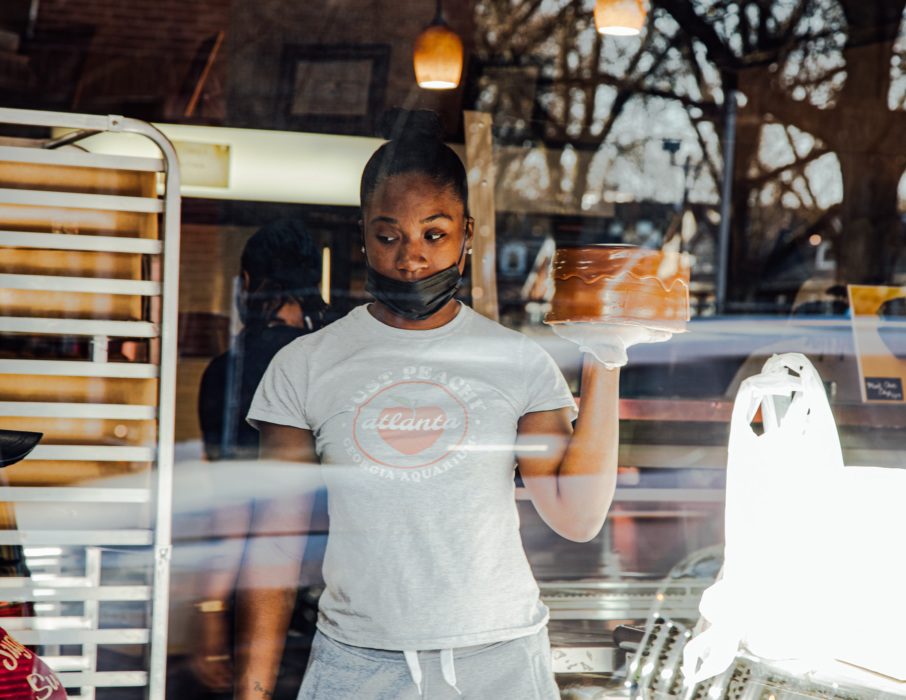
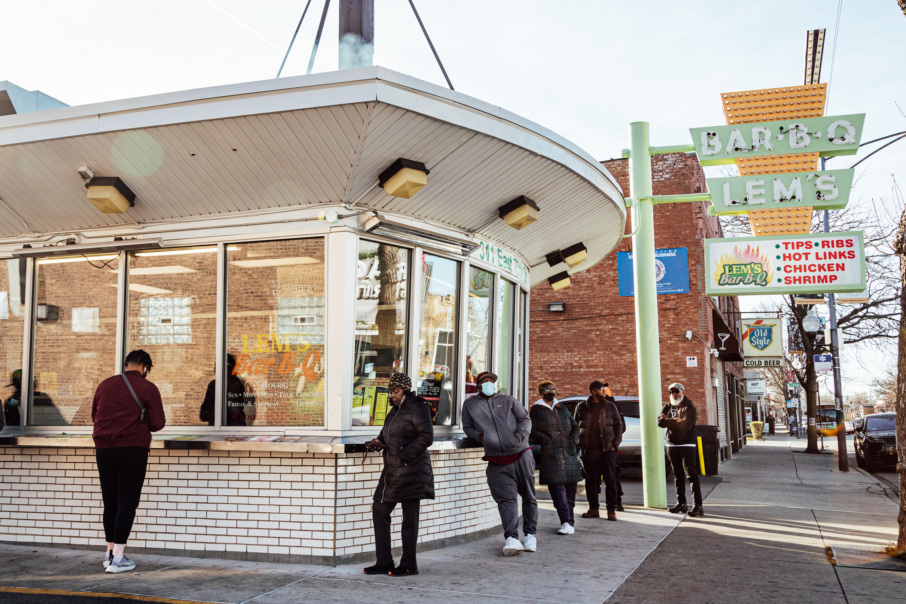
What I love about where I grew up and where I have my businesses today is that it’s a neighborhood. You’ll hear blues playing, from a shop or a car nearby. There are people walking down the street. It’s enjoyable – all you need is a cold glass of lemonade. This is where I cut my teeth in restaurants, and how I developed as a chef.
I would love to see more businesses survive and grow in our neighborhood. It used to be that you have the dentist, the hardware store, the church, the barbershop; all those experiences, and the fellowship. Now, they are few and far between. I look around and I marvel at the great talent here, and what the South Side could be if it had had a portion of the opportunities that other parts of the city received. I imagine what could have happened. What we have to do is push that vision forward so we can have that progress here in our neighborhood.
We will keep at it. Everyone likes a success story, but they don’t always love the part behind the scenes. Having the opportunity to tell the entire story allows me to share my own narrative. When I look around in the neighborhood and see people, I know they have some sort of dream, big or small. I want to pave the way for the folks behind me and connect their stories to my own.
As told to Chandra Ram.
Find a list of Rome’s favorite restaurants from the South Side here.
Cliff Rome is the chef and owner of the Rome’s Joy companies, based in Chicago. Follow him on Instagram.
Chandra Ram is a Chicago-based food writer and cookbook author. Follow her on Instagram. Follow Resy, too.
If you’ve got a community story you’d like to share with us, about incredible people making a difference in their communities, drop us a line.


